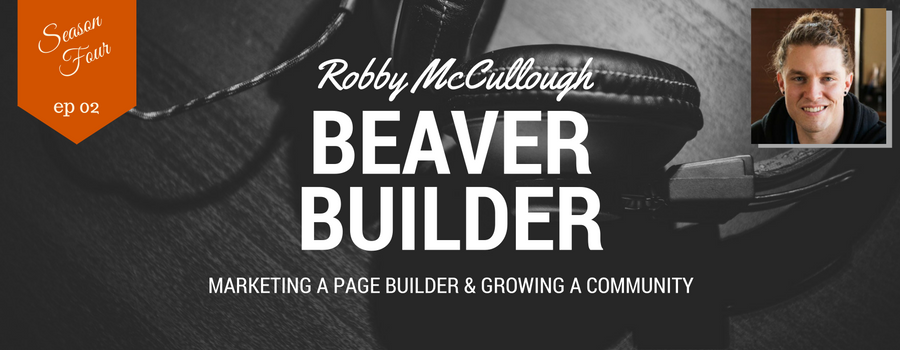Debating WordPress Page Builders is like your crazy uncle talking politics at the holiday dinner with the family. But let’s do it anyway?
Full disclosure, I sell a plugin called Conductor, that often gets confused as a page builder.
There’s a lot of noise in this space, and lots of strong opinions. For good reason. A page builder changes the way someone experiences WordPress – for better or worse. It’s how, when you’re using it across your website, you create your content, generate sales pages, or sell products. It removes the need to learn coding, placing that power into the hands of someone who can navigate a drag-and-drop interface. Hopefully.
And that’s the problem.
Purists are outraged that a site owner would choose to overlay all of this technical debt to WordPress, when whipping out SublimeText and crafting a template.php from scratch is so much more “right.”
FFS do it the right way
Which is the secondary argument to all of this, are page builders “doing it the right way?” WordPress isn’t easy, and builder plugins can help ease some of that pain. But the right way, would be to to code it from scratch, or at least that’s what some will lead you to believe.
- Less code is used when you create it from scratch, naturally.
- Builders add more complexity to a theme, as to say, a theme dictates how pages are created — then you inject a builder’s layout logic.
- Your competing against the WordPress experience. WordPress is moving to page building, you heard it here first.
Purists also feel burned (heck, frightened) about builder plugins.
Here’s a story about how I saved $300 by NOT calling a professional
I own a home with a steam furnace. I don’t fully know how it all works, but I do know it fills with water, the water is set to boil, creating steam that is pushed to radiators throughout the house.
Winter is coming; it’s getting cold. The first night we turned the heat on, the furnace didn’t “boot up.”
Did I call an HVAC professional, on a Sunday? Last time I did that, it cost $300, so I took to YouTube. I researched all the possible issues with my furnace:
- The thermocouple might be bad.
- The water basin is too full, or not full enough.
- The vent to the chimney isn’t open.
I found out that the venting system was stuck, and replaced the part — myself. A small business HVAC person never received my call. I saved over $300.
Software is getting easier, education is everywhere — now what?
Page builders usher in a new kind of DIY’er to WordPress.
Clients no longer need to call us for emergency coding work before a big sale weekend, and inexperienced consultants can portray themselves as having more coding experience than they actually do.
Heck, maybe I could do house-calls now to fix furnances that don’t startup — for a limited-time only $97.
It’s seen as a threat to our revenue, our livliehood. So what do we do about it? Embrace the change, and find new ways to enhance your value. I’m not saying this is happening at a rapid pace, and that page buidlers are to blame — ALL of the plugins and services being created in our industry are getting easier, empowering a larger group of users. As they should.
I have some thoughts on the topic, which I’ll save for another time, but I’d love to hear from you in the comments. I hope you enjoy this episode with Robby from Beaver Builder.
The episode
[ss_player]
The links


Leave a Reply